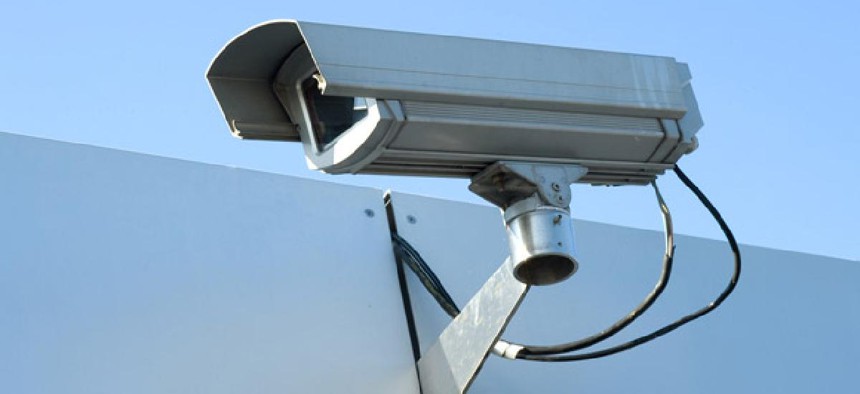Surveillance cameras could make us better people

Shestakoff/Shutterstock.com
A Dutch research team hopes that surveillance cameras could reverse the "bystander effect."
Exhibit A for the "cities are mean" thesis is the 1964 murder of Kitty Genovese in Queens. Two weeks after the killing, The New York Times ran a story called "Thirty-Eight Who Saw Murder Didn't Call the Police," suggesting that dozens of witnesses did nothing to stop the gruesome event. Subsequent analysis cast serious doubt on the Times report, but the story remains a parable for the cruel indifference of urban life.
In 1968, inspired by the Genovese murder, psychologists John Darley and Bibb Latané studied bystander behavior in the laboratory [PDF]. Test subjects who thought they were alone were more likely to respond to someone having a seizure than when they were in a group. The "bystander effect," as it's now known, has since become one of the most established ideas in modern social psychology.
The underlying factor of the bystander effect isn't necessarily a callous lack of concern for other human beings. (Unless, of course, you're George, Elaine, Jerry, or Kramer watching a fat guy get robbed.) Instead it emerges, in large part, from the decreased sense of personal responsibility that comes with being part of a big crowd. If that sense of accountability could be increased, then the effect might disappear even if the crowd remained.
Using this logic as guide, a Dutch research team says it's found a way to reverse the bystander effect. In an upcoming issue of the Journal of Experimental Social Psychology, Marco van Bommel of VU University Amsterdam and colleagues report that victim assistance increases among a large group of bystanders when a person's self-awareness and accountability are stimulated, say, through the presence of a camera documenting their behavior.
Read more at The Atlantic Cities.
Read more at The Atlantic Cities.
(Image via Shestakoff/Shutterstock.com)





